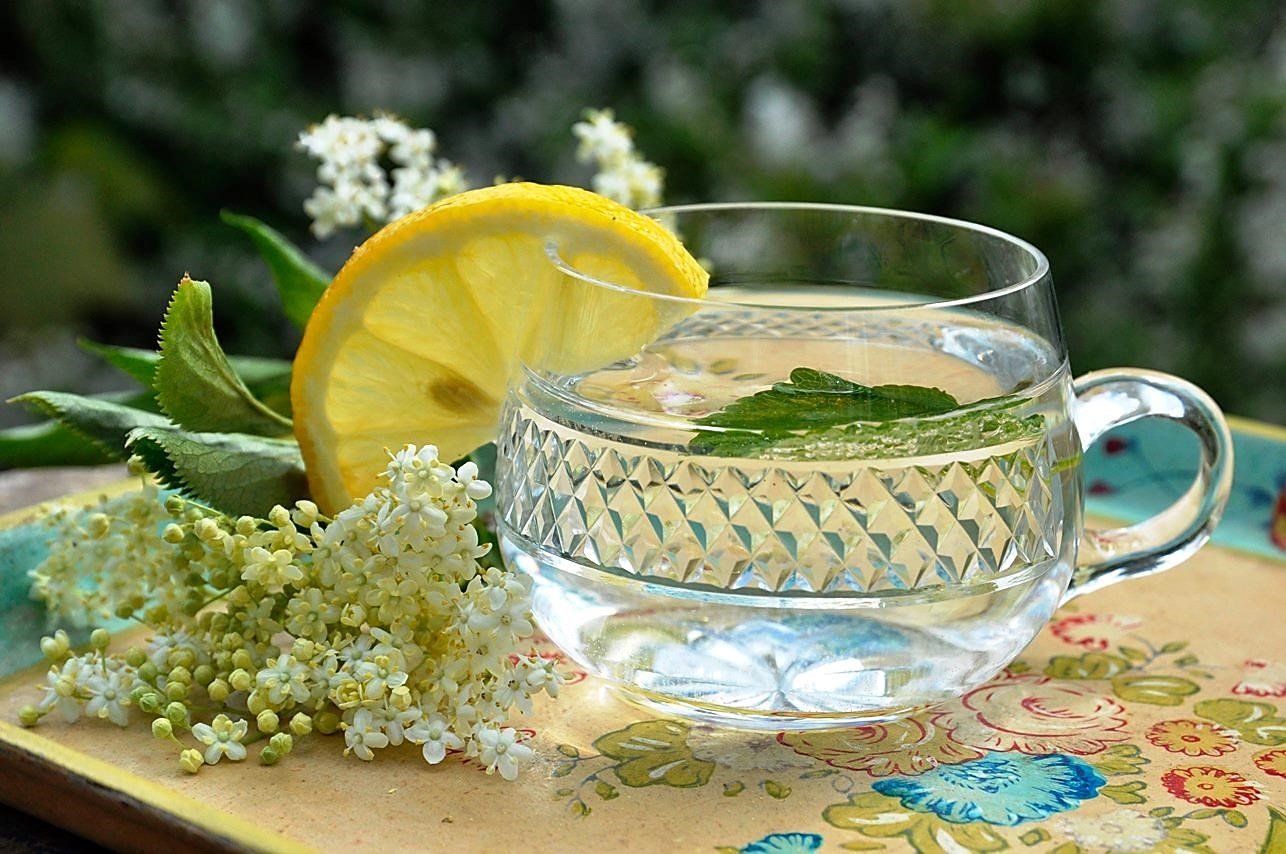It should come as no surprise that, at AquAid, we often comment on all things hydration and health – mainly where we refer to how drinking water more leads to incredible health benefits.
With this though, we understand that we sometimes need to pause our constant exhortations relating to hydration and health. Which is what we’re doing today. Of course, we wouldn’t be whom we are if the subject didn’t involve simple drinking water related health tips, but we’re sure you don’t expect anything less from your water cooler company.
We have spoken about herbs, spices, vegetables and fruit: grapefruit and blackberries are both great healthy examples – either those that have a high water content or those that boost our immune system in some way or form.
Today we’re writing about a little gem (herb wise), native to the UK and with an incredibly impressive health benefit pedigree: the elderflower.
Whereas it may not be the season for elderflowers to blossom, with the year as it is, you’ll forgive as if we’re slightly out of step.
Elderflowers come from the elder tree that generally grows as a shrub or small tree, which you will find in abundance throughout the UK, in woods and along roadside hedgerows.
Their uses are myriad:
As an immune stimulator, hot elderflower tea can provide soothing relief for acute cold symptoms while gargling and rinsing with cooled elderflower tea can combat sore throats, toothaches, and abscesses.
A syrup made with flowers of the elder tree as well as the berries can be drunk to fight off colds, flus and winter blues.
As a salve for relief of inflammation from sprains and strains or made into a soothing eyewash which can help relieve itchy eyes, hay fever or conjunctivitis.
Remember, it’s always advisable to consult with a medical professional before starting any herbal medicine and it’s always good to speak to AquAid for all your hot, chilled & ambient drinking water requirements.
sources: Gardeners Path

